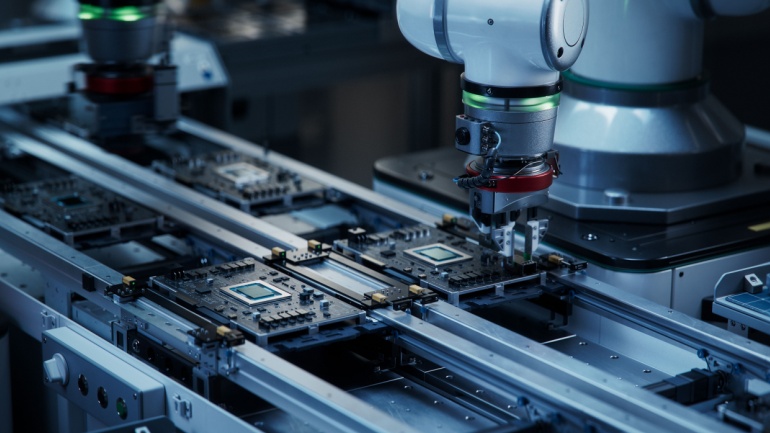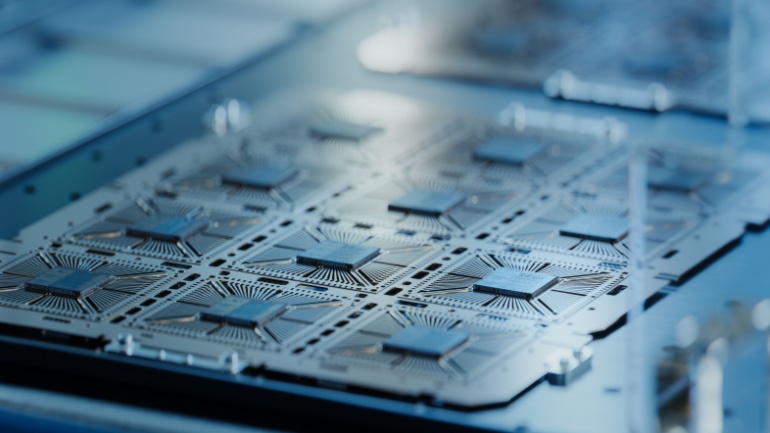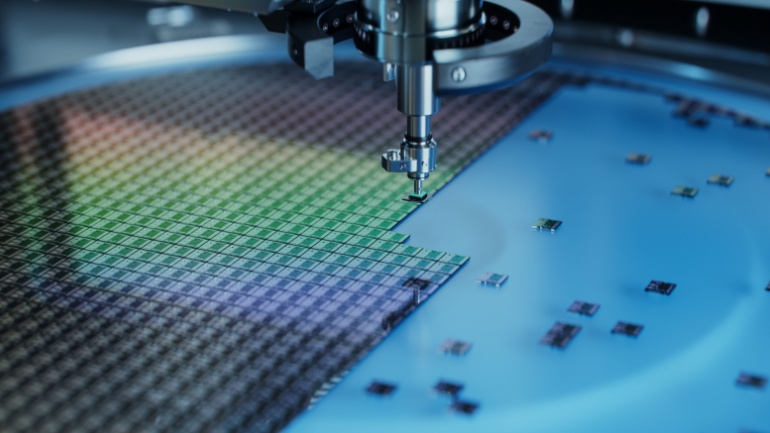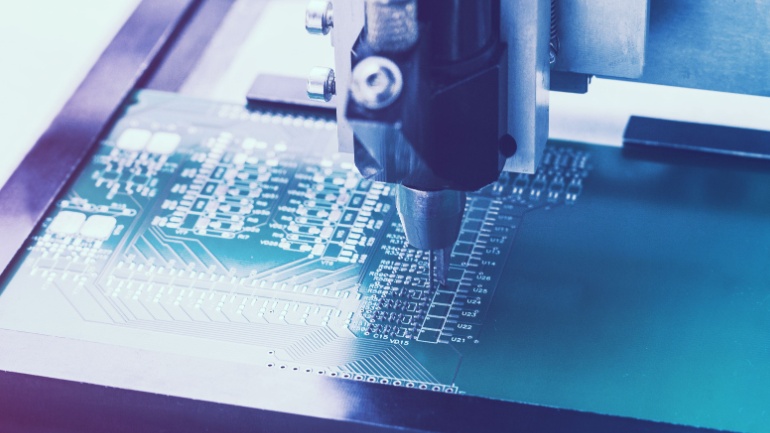The European Commission has approved €227 million to support ams Osram’s semiconductor plant in Austria. This facility will enhance Europe’s chip industry, reduce reliance on foreign suppliers, and produce advanced wafers for key sectors.
The U.S. Department of Commerce has tightened restrictions on China’s access to advanced semiconductors critical for military and AI technologies. New rules target manufacturing equipment, high-bandwidth memory, and compliance measures while adding 140 entities to the Entity List.
Tower Semiconductor and Adani Group are collaborating to build a $10 billion chip facility in Maharashtra, India. This ambitious project aims to boost domestic production of analog circuits and wafers, with initial output set at 40,000 wafers per month. Once fully operational, the plant will create over 5,000 jobs and enhance India’s semiconductor market presence.
Germany is investing €5 billion in a new semiconductor manufacturing facility in Dresden through the European Semiconductor Manufacturing Company (ESMC) initiative. The facility will leverage advanced technologies like FinFET and aims to reduce Europe’s dependence on U.S. and Chinese semiconductor imports. This strategic move promises to enhance Germany’s role in the global semiconductor industry.
Nexperia, a leading semiconductor manufacturer, has announced a $200 million investment to enhance its production capabilities at its Hamburg facility. The funds will be used to develop next-generation wide bandgap (WBG) semiconductors, such as silicon carbide (SiC) and gallium nitride (GaN), and to expand the production of silicon (Si) diodes and transistors.
Global revenue from AI semiconductors is projected to reach $71 billion in 2024, marking a 33% increase from the previous year, according to a recent Gartner report. Gartner also anticipates that AI-equipped PCs will constitute 22% of total PC shipments in 2024. By the end of 2026, all enterprise PC purchases are expected to feature AI capabilities.
South Korea’s President Yoon Suk Yeol revealed a historic $19 billion support package aimed at bolstering the nation’s semiconductor sector, underscoring the industry’s critical role in the economy. The substantial investment, facilitated by the state-run Korea Development Bank, will enhance infrastructure, research and development, and offer tax incentives.
The US government has unveiled plans this week to establish a new institute dedicated to advancing digital twin technology for the semiconductor industry. Through the CHIPS Manufacturing USA initiative, companies are invited to submit proposals to operate this institute, with the selected applicant set to receive up to $285 million in funding.
President Yoon Suk Yeol recently detailed South Korea’s aggressive moves to establish its supremacy in the global semiconductor sector, including a staggering $6.94 billion commitment to AI by 2027. Amid fierce competition, South Korea’s largest telecom firm, SK Telecom, is paralleling governmental efforts with its own investment in AI firms.
The United Kingdom is set to enhance its semiconductor research capabilities significantly, following the government’s decision to join forces with the European Union’s Chips Joint Undertaking (JU). This collaboration marks a pivotal step in the UK’s efforts to strengthen its position in the global semiconductor arena, promising to inject new energy into its research and innovation sectors.









